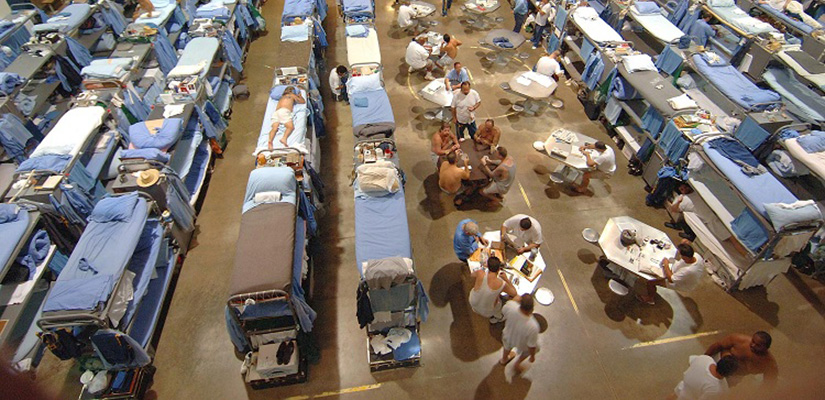Effective October 1, 2011 thousands of those accused of felony matters who in the past were sent to prison will now be doing their time in local county jails. In addition, those persons convicted of less serious felony matters, in many cases will find that when they complete their sentence they will not be placed on probation or parole.
For most felony matters where the punishment is 16 months, 2 years or 3 years in state prison, the accused will not be going to state prison, but rather will serve their time in county jail. After the person finishes his sentence the maximum he can serve on probation is three years, minus the jail sentence he receives. This means that if the court sentences a defendant to the high term of 3 years on one of these felony matters, when they are released from custody they will not be placed on any period of probation.
If the court sentences the defendant to two years in prison, they can only be placed on one additional year of probation. These persons will under no circumstances be placed on “parole” as would be the case under prior law.
What is even more shocking is that if a defendant is convicted of a crime that carries a possible sentence of 2, 3 or 4 years, and they are sentenced to any of those three possible terms in prison they will serve their time in county jail and then will not be placed on any period of probation. What this means is that a person sentenced on a more serious offense cannot be ordered to serve any probation at the end of their jail sentence while an individual convicted of a less serious felony can serve some time on probation after their jail time is completed.
Another critical change in the law is that now under Penal Code Section 4019 all inmates will be receiving 50% credit off of their sentences for time served both before and after their sentencing date. What this means is that a person who is sentenced to two years in prison on most minor felony matters will actually serve one actual year and then can be placed on probation for a maximum of one additional year.
These law changes were made necessary by the massive problem with overcrowding in our California state prison system. The net result of the law changes will be that thousands of defendants convicted of felonies will no longer be going to prison. Instead they will spend their jail time in a local county jail. This also means that there will be a massive reduction in those defendants that are placed on parole because you are only placed on parole when you are released from a state prison.
However, a critical exception in this new law is that if you have a prior “strike” on your record or you are a registered sex offender per Penal Code Section 290 then the new laws will not apply to you and you will have to serve your time in state prison. The judge has no discretion to allow you to serve your time in county jail under these conditions.
The new sentencing laws are complicated. It is critical that you contact Wallin and Klarich, so we can help you understand how the new sentencing laws may impact your specific case. Contact us now at 877-466-5245 or



